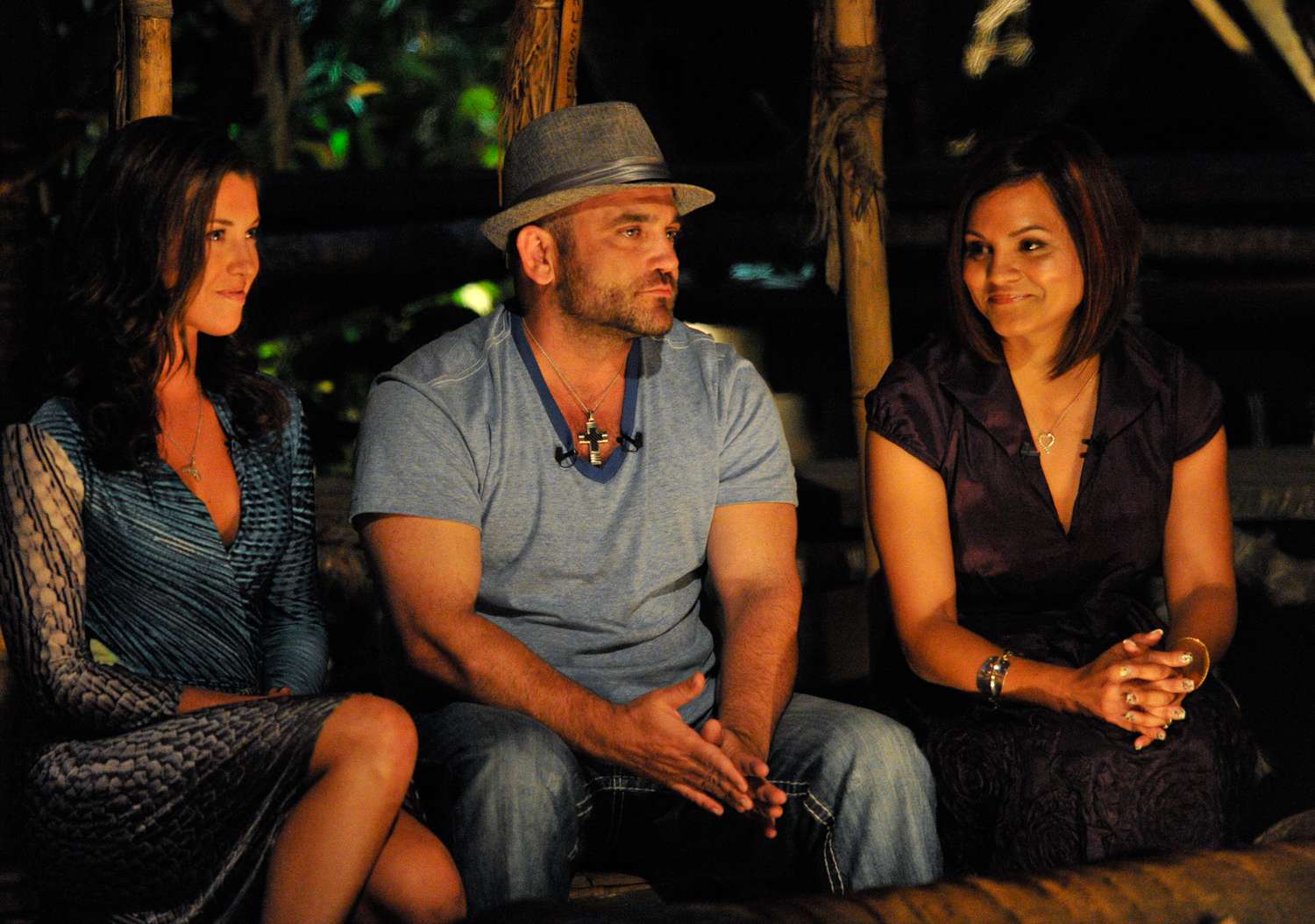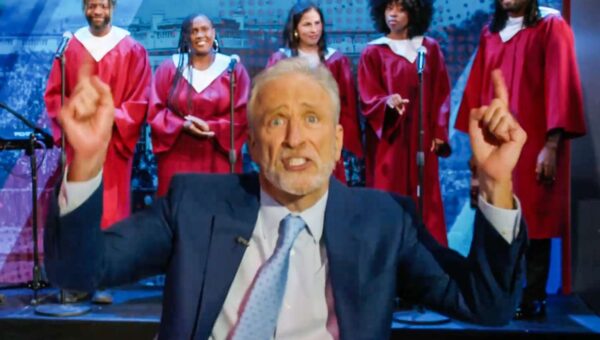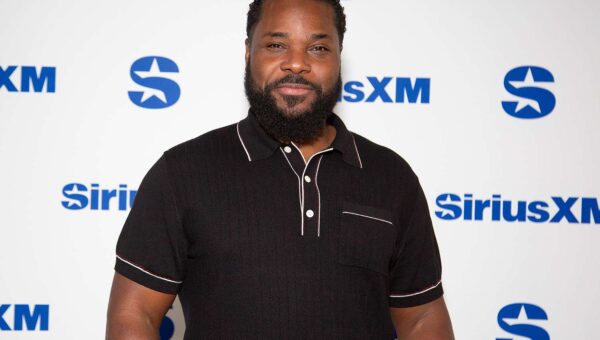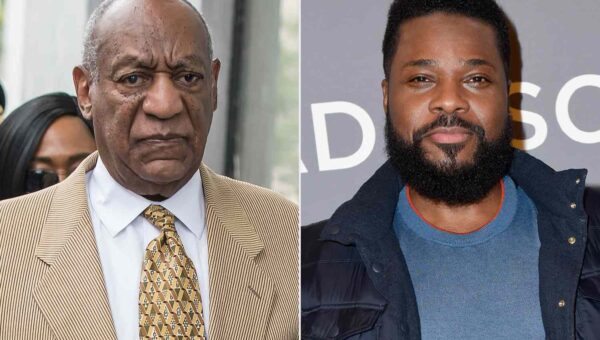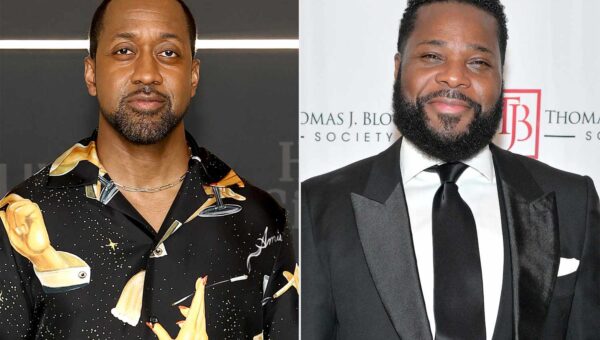Heroes vs. Villains’ finale trauma (exclusive)
:max_bytes(150000):strip_icc():format(jpeg)/ParvatiShallowSurvivorHeroesvsVillains-062325-05-fbb6f9a7dfed4b6291d3bdca4f540e2e.jpg)
When Entertainment Weekly went to Samoa in 2009 for filming on the Survivor: Heroes vs. Villains season, we asked each of the players the day before the game began which contestant they were most worried about and needed to go first. The name that came up the most was Parvati Shallow.
And with good reason. Parvati had recently showed off her incredible social and strategic skills on the Micronesia season, helping to orchestrate the most famous move in franchise history with her Black Widow Brigade. So going into Heroes vs Villains, the other competitors wanted Parvati out and wanted her out soon. But they still couldn’t do it.
Parvati aligned with Russell Hantz, riding that alliance all the way to the final three. Along the way, she pulled off another iconic move, blindsiding the Heroes — along with her own alliance partner, Russell — with an epic double idol play that changed the course of the game.
Even with those stratospheric highs and the incredible accomplishment of making it all the way to day 39 when she was the biggest target on the island, it was not all mirth and merriment for Parvati on Heroes vs. Villains. There were a lot of bruised egos and hurt feelings along the way, especially from former friends and cast mates from previous seasons. Those feelings came out during the final Tribal Council, in which the jury gets to confront the final three who sent them out of the game, and for Parvati, it was a confrontation that stung.
Robert Voets/CBS
It is just one experience from a sprawling reality TV career — which also includes stints on The Traitors, Deal or No Deal Island, and an upcoming appearance on Australian Survivor — that Parvati is now reliving in her revealing new memoir Nice Girls Don’t Win: How I Burned it All Down to Claim My Power, to be released July 8 from Random House and now available for pre-order. In an exclusive excerpt below, Parvati looks back at the highs and lows of her Heroes vs. Villains journey, including facing some very unhappy jury members. But first, here’s the official book description of Nice Girls Don’t Win:
At twenty-five years old, Parvati Shallow was plunged into fame and fortune after becoming the million-dollar winner of the reality television series Survivor. But despite her success, the ghosts of her traumatic past, coupled with the harsh glare of the public eye, kept her locked in a survival cycle of fear and shame that sabotaged her self-confidence and eroded her self-trust. It wasn’t until a series of painful life events, including the death of her younger brother and a challenging divorce, that she found herself on a path of healing that would awaken her true power and reset the course of her life.
In Nice Girls Don’t Win, Shallow shares the stories that allowed her to transform her most difficult moments into potent catalysts for empowerment. From her childhood growing up in a Florida commune run by a tyrannical female guru, to her journey out of the South and into the L.A. casting rooms that would eventually drop her in the lush but brutal landscapes of Survivor, Shallow shows readers what it took to build herself into the ultimate survivor — for better and, more often, for worse. She then reveals what it took to rebuild herself into something much greater.
As harrowing as it is healing, Parvati Shallow’s story is a testament to the profound lessons that can be found in radical self-acceptance and self-love.
The Dial Press
Excerpt from Nice Girls Don’t Win by Parvati Shallow
“Parvati, you played this game under Russell’s thumb, like a spouse in a bad abusive relationship. And you never got out of it. I wanted you to get out. I wanted it so bad for you, and you didn’t. I like you, but I can’t support that.” My castmate Candice’s words smacked me in the face.
I opened my mouth to speak, to tell her how wrong she was, how hypocritical she was. Just days ago, she had tried to align with Russell and wanted to work with him, but he’d betrayed her. Her speech to me felt unfair and out of line. Tears filled my eyes, but Candice had already turned her back on me and returned to her seat on the jury bench.
Survivor season twenty, Heroes vs. Villains, aired in 2010—two years after my winning Survivor season. I was twenty-eight and it was my third time playing the game—and it skewered me unlike any other season of Survivor I’d ever experienced. This latest season was an all-star cast of twenty people: ten “villains” and ten “heroes” from previous seasons. In a last-minute switch, I was cast in the villains tribe. I believed putting me with the villains had something to do with Amanda, Cirie, and James all being on the heroes tribe and needing to split us up to prevent an unfair advantage.
But I didn’t have time to puzzle over it much because on day one I was targeted as the biggest threat. I spent the rest of my thirty-nine days on the island starving and scrapping my way through the game with my trademark endurance and impenetrability. I aligned with the only people who’d work with me: the most notorious Survivor villain of all time, Russell Hantz, and a hot, busty brunette named Danielle.
Part of me knew I was making a deal with the devil by working with Russell. He could be a controlling bully, but he was also strategic and cunning. He had an amazing ability to read people and knew how to play on emotions, mainly fear. I watched him lie through his teeth like a snake oil salesman and people would buy it. He had Coach, JT, Jerri, and Rupert all wrapped around his stumpy little finger.
Russell loved me for some miraculous reason. He was willing to put his game on the line for me like some kind of Survivor cowboy. I was grateful for his blind allegiance. When he and I were on the chopping block early in the game, Russell played his immunity idol for me, risking his own elimination. Where others bowed in fear or protested against him, I found I could easily negotiate my relationship with him by throwing him little nuggets of validation here and there. I called him my hero and gave him sweet hugs. The cheap sugar seemed a small price to pay to make it to the end of the game.
My strategy worked, but it wasn’t easy. Heroes vs. Villains was my first time playing as an underdog. I’d always had a majority position and felt like I’d belonged, but this game was different. I was an outcast working with an outlaw. At the merge, our villains tribe of five united with the heroes tribe of five. I was excited to reconnect with my friends Amanda and Candice, from my previous seasons. I needed some more numbers and thought maybe I could get in with them. But when I tried to talk with them, they ran off in different directions.
Robert Voets/CBS via Getty
In fact, everyone did. Turned out, they thought I was running an all-girls alliance again, and people were afraid of being played like the boys in Micronesia—even my former friends Amanda and Candice avoided me for fear of being swept up in the girl-power paranoia. They were in awe of Russell, however. Somehow, he had managed to survive against all odds. He was the belle of the ball, and they all wanted a turn talking with him. Though I knew Russell was working for me, I found myself alone on the sand with a broken heart.
“Parvati, are you okay?” Danielle asked when she saw me sitting down alone.
“Fine,” I replied with tears in my eyes.
I was not fine. I felt sad and mad. Fueled by the fury of being shunned, I wanted revenge on all the heroes who’d ignored me, so I set my sights on eliminating them one by one. Before the first tribal council and post-merge, I set up my move. I let my ally Danielle win immunity on a challenge I could have easily won, securing her safety. I had an immunity idol in my bag I’d found on the villains’ beach that Russell didn’t know about. When we got back from the challenge, Russell gave me his idol, thinking the heroes were targeting me. So I now had two.
Then I spoke with Amanda and told her I had an idol, hoping maybe she’d come around and play with me. When she insisted I play it for myself, I told her I would, but I also sensed I couldn’t trust her. So, later that night, when I got to tribal council, I sat on my stump knowing the heroes (thinking I’d play my idol for myself) wouldn’t vote for me; I was safe. My ally Danielle was safe with the immunity necklace. Russell had ingratiated himself with the heroes; he was safe.
Robert Voets/CBS via Getty
That only left two people vulnerable from my five-person villains tribe: Sandra and Jerri. Sandra was funny and I enjoyed hanging with her on the beach, but she despised Russell so I didn’t talk strategy with her. Jerri outwardly disliked me. I didn’t have solid relationships with either of them, but I wanted to secure the majority, and I knew a grand gesture would score me some serious relational credit. Was I willing to let go of both of my idols? The move would leave me completely exposed, and Russell would know I played him. It was risky. Maybe too risky.
When the time came, after the votes were cast and before they were read, Jeff asked: “If anyone has an immunity idol and would like to play it, now is the time to do so.”
“You know what, Jeff,” I piped up, my voice shaking as I pulled the first idol out of my bag, “I think it would be downright depressing to watch green bananas turn yellow without my debaucherous little villains around, so, Sandra, that one’s for you.” People froze on their stumps. The silence around me felt thick. F— it, I’m going for it. “And, Jeff”—I pulled the other idol out of my bag—“I’d just like to increase our odds. So, Jerri, that one’s for you too!” I finished with a flourish. Both women got up and played their idols. “These are hidden immunity idols so any votes cast for Sandra or Jerri will not count,” Jeff said.
The heroes had voted for Jerri. All their votes didn’t count. Us villains had banded together and voted for JT, the leader of the heroes. His exit interview said a lot about the temperature of the game: “This was probably one of the biggest moves in Survivor history and it did not go my way. I know that people are villains for a reason; don’t ever trust ’em. Worse than that, don’t ever trust women, ever, ever, ever. And I knew that. That’s why I was so devoted to gettin’ rid of those women. And they got me.” With my play that night, we gained the majority.
But now I had no idols protecting me; I was perceived as an even bigger threat and Russell was mad at me for keeping my own secret idol. I had a grueling uphill battle to the end.
Mark Squires
By day thirty-nine, I found myself sitting in the final three with Russell and Sandra. Sandra had played an under-the-radar game but was very vocal about how much she hated Russell and that she was playing Survivor for her family and her husband, who was fighting in Afghanistan. That night the power shifted to the jury—people I’d played with and voted out. They glared at me and Russell, practically salivating for their revenge.
One by one, they rose to speak. Amanda, who’d been my number one ally two years before in Survivor: Micronesia, barely acknowledged my existence. When I opened my mouth to defend myself, she held her arm up to silence me. “No. I don’t want to hear a word out of you,” she said. She hated me.
Two other Survivor favorites, JT and Rupert, gave searing speeches about how Russell was the worst person of all time. And then there was Candice, my former ally and BFF from my very first experience on Survivor in the Cook Islands, saying I had behaved like a victim of domestic abuse by aligning and working with Russell. Their words hit me like an assault, and I sat still on my stump, helpless to stop it—TV cameras trained on me like sniper rifles. All I could do was sit there, shut up, and take it. As each jury member spoke, I felt myself shrink until I was so small I was sure I’d disappeared. I was frozen—unable to think, move, or act. Incapable of doing anything at all.
From the book Nice Girls Don’t Win: How I Burned it All Down to Claim My Power by Parvati Shallow, to be published on July 8, 2025, by The Dial Press, an imprint of Random House, a division of Penguin Random House LLC. Copyright © 2025 by Parvati Shallow. All rights reserved.
